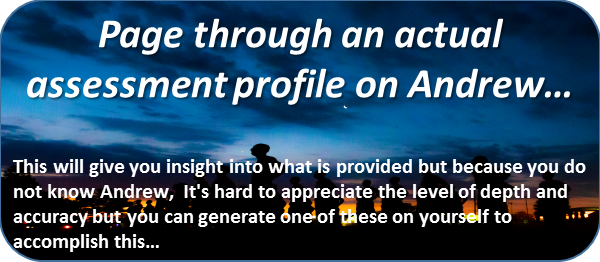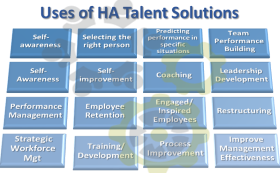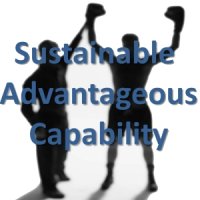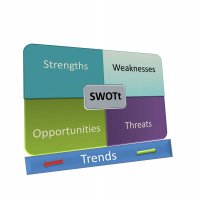Insights into Improving Performance Management
Over the last few years, there has been a significant trend away from performance appraisals and all kinds of discussions about this "dying" practice and some generic alternatives. Has it really gone away? Should it be killed off? The reality is that it has gone away in many organizations and in many, with rather dismal results. In other cases, it's been transformed and this is, we believe, as it should be. An effective manager in today's environment needs three things…
- Clear goals tied to achieving improved business results,
- Appropriate insightful data to impact behavior and thought processes
- Effective interactions to communicate, plan, coach and execute.
We do not believe that it is effective policy for performance appraisals/reviews to go way. They need to transform into a two dimensional set of processes. To deal with ongoing project and short term operational tasking and performance, informal but regular interactions where goals and progress towards those goals are communicated, where problems are addressed and most importantly where causal and other data is put to work to facilitate each of these. Of course, this is basically just good effective management. The other dimension is the LONG term where strategic issues including personal development, strategic IT tools, process redesign and so on, are discussed and where the performance discussion is not just on the person but on strategic goal achievement.
What has happened is that many organizations have adopted apps that use social media functionality mixed with reporting capabilities; however, all too often, this results in lot of text and 'community' but less clear goals, less valuable data to impact behavior and thought processes and fake or obligatory digital interactions that impair execution.
In addition, too often these performance management practices are ineffective or limited because behavioral information is not brought into the process. A person who is naturally defensive is going to deal with things a whole lot differently than one who is naturally self-critical. One who is not motivated naturaly by self improvement will respond differently than one who is - the same thing for those with high or low motivations for challenges, for people interactions, for making decisions in groups, for holding people accountable, for earning more money, for furthering their ideals and on and on. Complicating this further is that a person who manages stress poorly may operate one way under a lot of stress and the opposite under normal stress. There are dozens of behavioral attributes that underlie who a person is but when not surfaced, result in misunderstanding, conflict, poor choices and host of other problems.
We have the ability with technology to bolster our management practices with this information. By using those assessments that provide validated measures of a wide range of natural tendencies, attitudes, motivations and preferences, you can provide the interactions to not only discuss goals and data but really impact the future performance of the employee. By combining this with straightforward processes for short term execution and for long term strategic growth and development, we can more effectively impact performance in organizations.




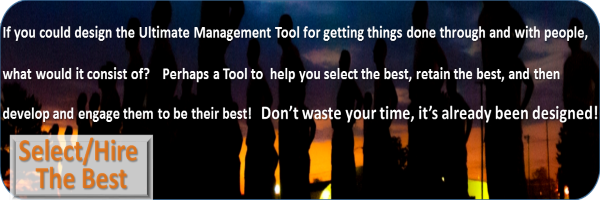
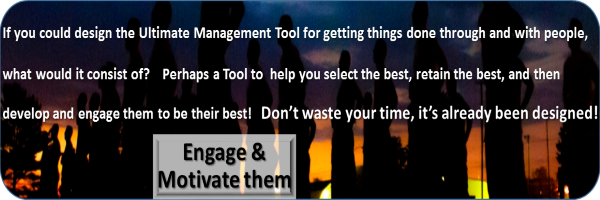
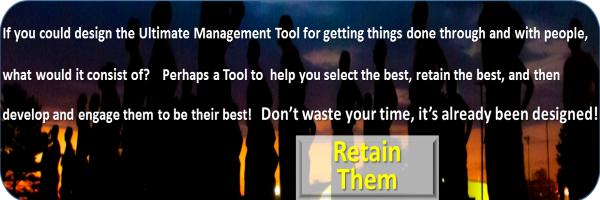
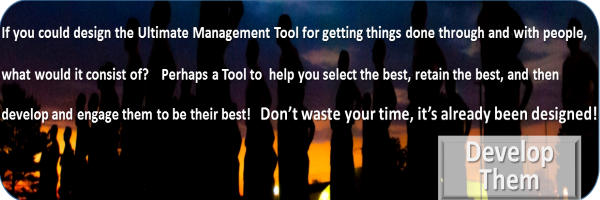
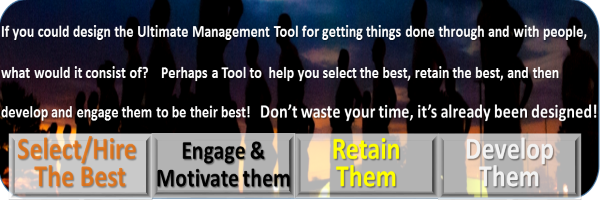
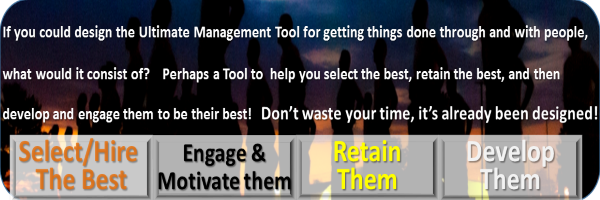


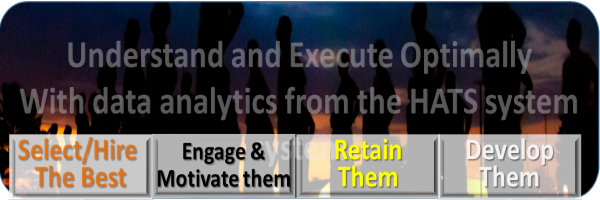
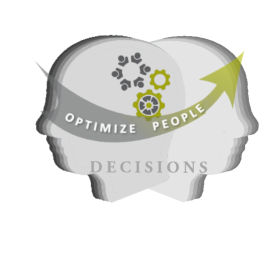




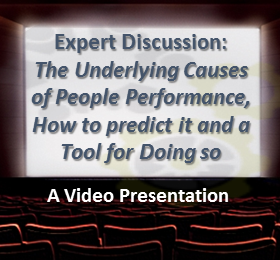

 One of the most difficult challenges managers face is choosing the right people and understanding how to get them to perform at their best. During the last 12 years of our experience, we have found no other tool except the Harrison Assessment that enables this kind of capability with incredible accuracy and insight.
One of the most difficult challenges managers face is choosing the right people and understanding how to get them to perform at their best. During the last 12 years of our experience, we have found no other tool except the Harrison Assessment that enables this kind of capability with incredible accuracy and insight.